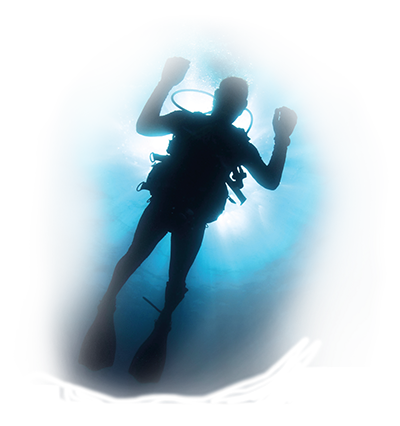STUDYING THE OCEANS
Oceans cover nearly three-quarters of the planet Earth and influence life evidently or in the most complicated and unexpected way. Nearly half of the world population live on coasts, oceans provide food, minerals and energy resources and host most of the international trade routes.
Despite common opinion, the major part of living organisms, in terms of mass or “biomass” come from the oceans. Even less obvious is the role of the oceans in the Earth System: oceans transfer heat, gas and matter around the globe, drive weather and climate, and are one of the largest carbon reservoir.

During human history Oceans have been respected and feared, have been told by literates and have been travelled by passionate explorers. Today they are place of a new era of exploration, a challenging endeavour, possibly even more than space exploration. Deep ocean is dark, mostly cold, and with extreme pressures. But its prohibitive conditions could be faced by high-tech, expressly designed devices, combined in platforms variously powered and connected for data transfers: ocean observatories.
EMSO Regional Facilities host several types of ocean observatories through the water column down to abyss, from polar to subtropical environments. These suites of sensors measure up to almost 30 groups of parameters, such as currents, temperature, chlorophyll, oxygen, etc. Scientific activities carried out are multidisciplinary and cover four main scientific disciplines: geosciences, physical oceanography, biogeochemistry and marine ecology.
Each of these disciplines covers a full range of scientific topics as listed below.
Geosciences
Seismicity
Gas hydrate stability
Seabed fluid flow
Submarine landslides
Submarine volcanism
Geo hazard early warning
Biogeochemistry
Ocean acidification & solubility pump
Biological pump
Hypoxia
Deep-ocean biogeochemical fluxes
Continental shelf pump
Marine ecology
Climate forcing of ecosystems
Molecules to microbes
Fisheries
Marine noise
Deep biosphere
Chemosynthetic ecology
Physical oceanography
Ocean warming
Deep-ocean circulation
Benthic and water column interactions
Marine forecasting
These scientific topics can also be grouped in three macro-areas of multidisciplinary research, that address three major challenges: elucidate marine ecosystem functioning and interconnections, study and find mitigation strategy for climate change, understand and prevent geo hazards





